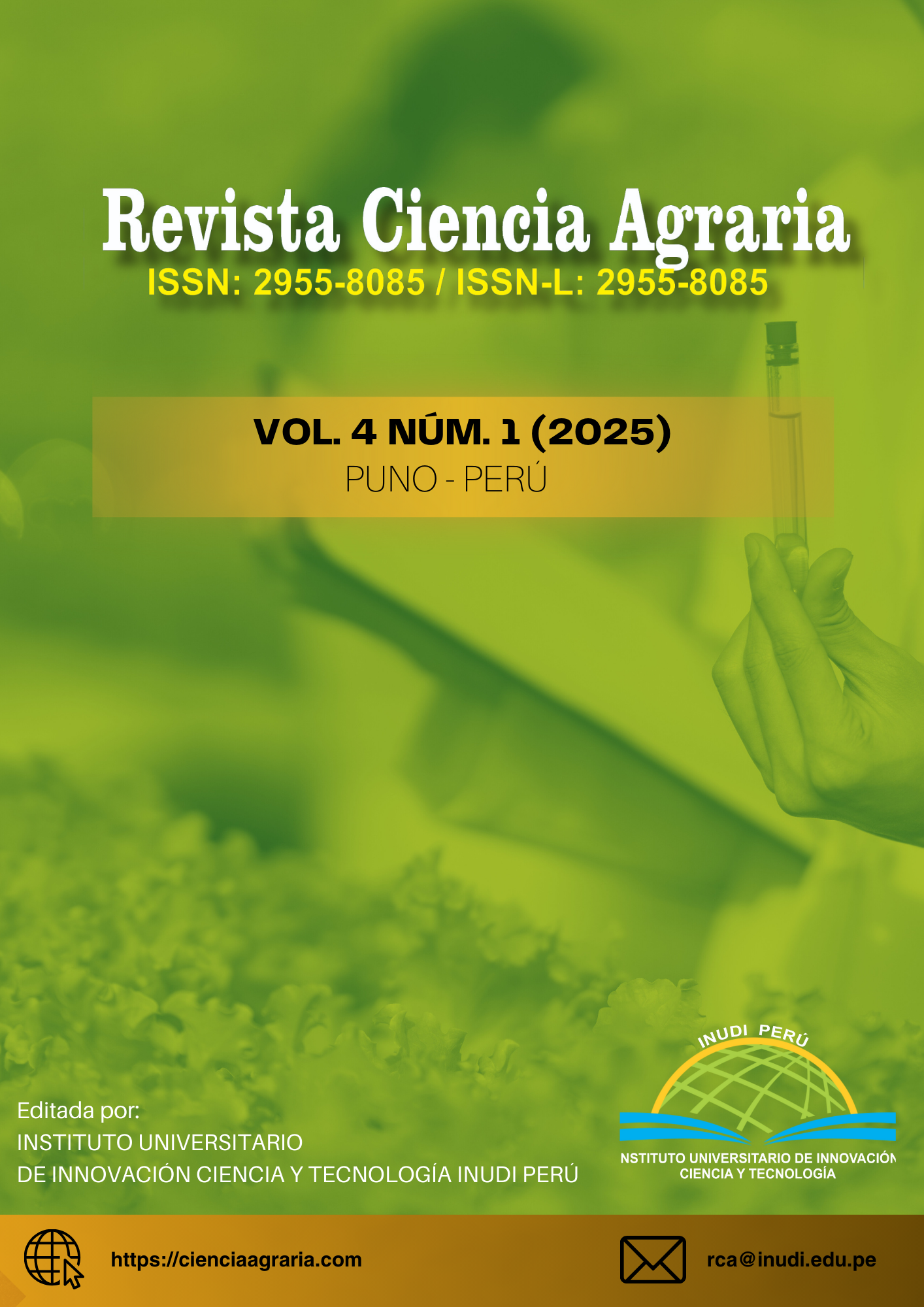Agroecological systems as an alternative to address climate change
DOI:
https://doi.org/10.35622/j.rca.2025.01.001Keywords:
agricultural development, ecology, environmental resilienceAbstract
The crisis of the industrial agricultural model has generated negative impacts on food security, the environment, and climate resilience. In response to this scenario, agroecology emerges as a sustainable alternative that integrates ancestral knowledge and ecological principles to improve productive autonomy and mitigate the effects of climate change. This study analyzes the prospects of agroecology in the context of climate change and its impact on the socioeconomic development of rural populations. A documentary review of scientific and academic sources with an agroecological approach was conducted, evaluating strategies for the sustainability of natural resources. The results indicate that agroecological systems strengthen producers' autonomy, reduce dependence on external inputs, and contribute to food sovereignty. Moreover, they enable better adaptation to climate variations through the use of agrobiodiversity and traditional knowledge. Agroecological resilience is based on productive diversification, soil conservation, and efficient water management, ensuring system stability even in the face of extreme weather events. It is concluded that agroecology not only represents a viable alternative to the industrial model, but also requires the support of public policies that promote its implementation and consolidation. Promoting agroecology is key to ensuring food security, addressing climate change, and building a more equitable and sustainable agricultural system.
Downloads
Published
Issue
Section
License
Copyright (c) 2025 José Macías Barberán (Autor/a)

This work is licensed under a Creative Commons Attribution 4.0 International License.











